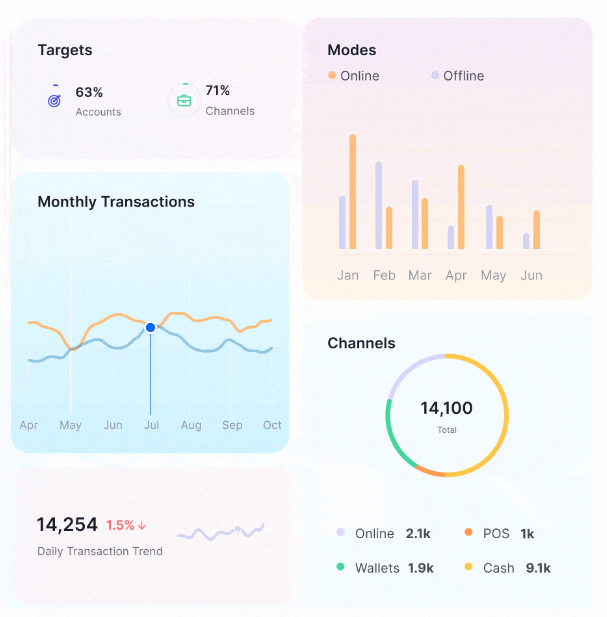In the dynamic landscape of financial management, businesses are increasingly turning to sophisticated solutions to streamline their operations and enhance efficiency. One such powerhouse tool gaining prominence is the Integrated Treasury Management System (ITMS). This comprehensive system goes beyond traditional treasury management, offering a unified platform to optimize financial processes, mitigate risks, and improve decision-making.
The Essence of Integration
At its core, an Integrated Treasury Management System seamlessly consolidates various financial functions within an organization. From cash management and risk mitigation to investment strategies, the system unifies these critical elements, fostering synergy and eliminating silos. This integration provides a holistic view of an organization's financial health, enabling treasury teams to make informed and strategic decisions.
Key Features and Functionalities
- Cash Management: ITMS allows for real-time monitoring of cash flows, ensuring businesses have a clear understanding of their liquidity positions. This feature aids in optimizing cash usage, minimizing idle funds, and strategically allocating resources.
- Risk Management: The system incorporates robust risk management tools, helping businesses identify, assess, and mitigate financial risks effectively. Whether it's market volatility, interest rate fluctuations, or credit risks, ITMS provides a comprehensive risk management framework.
- Efficient Workflows: Integrated Treasury Management Systems streamline workflows by automating routine tasks. From payment processing to reconciliations, automation reduces manual errors, enhances operational efficiency, and frees up valuable time for strategic planning.
- Comprehensive Reporting: With ITMS, generating customized and detailed financial reports becomes a breeze. This feature empowers treasury teams and stakeholders with the insights needed for strategic decision-making and compliance requirements.
- Investment Management: Organizations can optimize their investment strategies through ITMS. The system provides tools to analyze investment opportunities, manage portfolios, and maximize returns while adhering to risk tolerance levels.
Benefits for Businesses
- Enhanced Visibility: An Integrated Treasury Management System offers a centralized dashboard, providing real-time visibility into various financial aspects. This visibility empowers decision-makers with accurate and up-to-date information.
- Risk Mitigation: By consolidating risk management tools, ITMS enables businesses to identify potential risks and implement proactive measures. This, in turn, safeguards the organization against unforeseen financial challenges.
- Cost Savings: Automation of routine tasks reduces the need for manual intervention, leading to cost savings in terms of time and resources. The system's efficiency also contributes to optimal cash usage, maximizing returns on investments.
- Strategic Decision-Making: Armed with comprehensive data and insights, businesses can make informed and strategic decisions. Whether it's optimizing cash flow, investing wisely, or managing risks, ITMS facilitates data-driven decision-making.
- Regulatory Compliance: Adhering to financial regulations is paramount. ITMS not only ensures compliance but also simplifies the process by providing tools to track and report on regulatory requirements.
Implementation Considerations
While the benefits of an Integrated Treasury Management System are compelling, successful implementation requires careful consideration:
- Scalability: Choose a system that aligns with your business's current needs and has the flexibility to scale as your organization grows.
- User-Friendly Interface: Ensure the system has an intuitive and user-friendly interface to enhance adoption and ease of use.
- Integration Capabilities: Verify the system's compatibility with existing enterprise systems, ensuring seamless integration without disruptions.
- Vendor Support: Select a reputable vendor with a track record of providing reliable support and regular updates to address evolving business needs.
Conclusion
In the rapidly evolving financial landscape, businesses need agile and comprehensive solutions to stay ahead. An Integrated Treasury Management System emerges as a strategic asset, offering not only efficiency in financial operations but also a competitive edge through data-driven decision-making. By embracing the power of integration, organizations can navigate the complexities of modern finance with confidence and precision, ensuring sustained growth and resilience in an ever-changing market.
For more details, visit us :
Bank Reconciliation Software for Fintech
Tools to Automate Finance Processes
Bank Reconciliation Automation





Comments